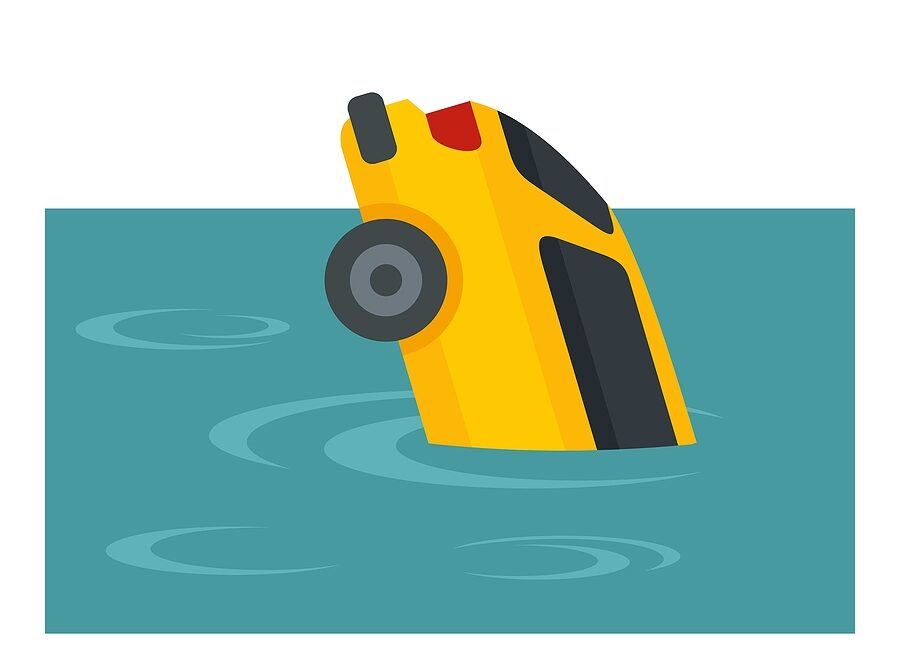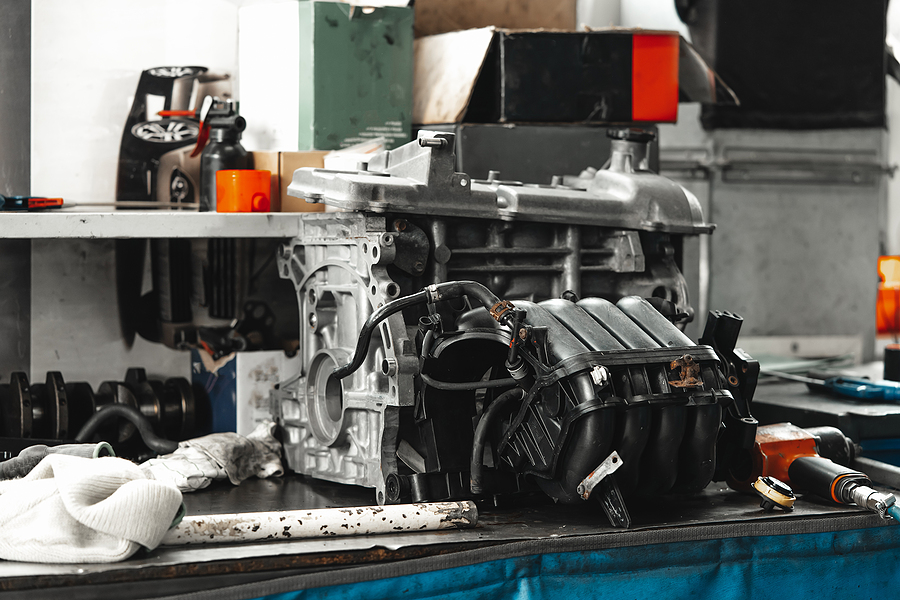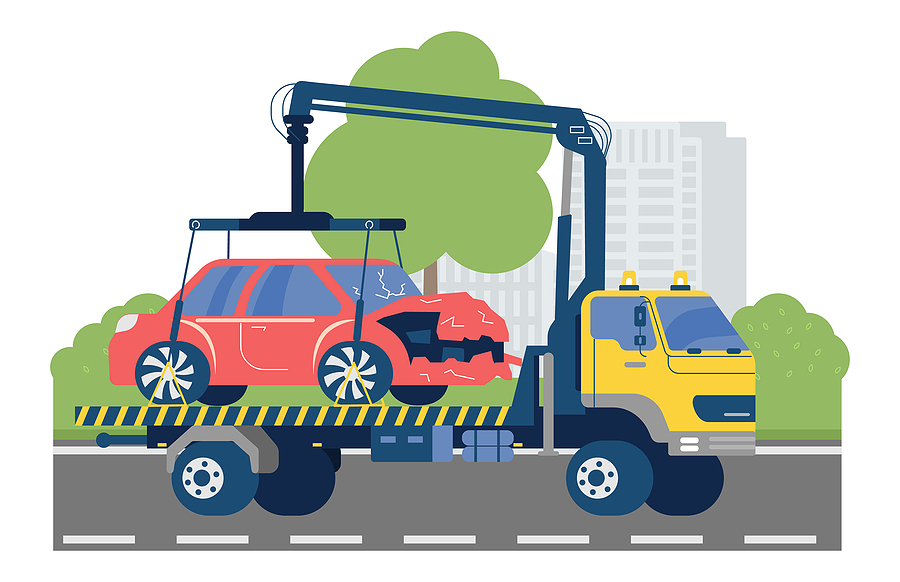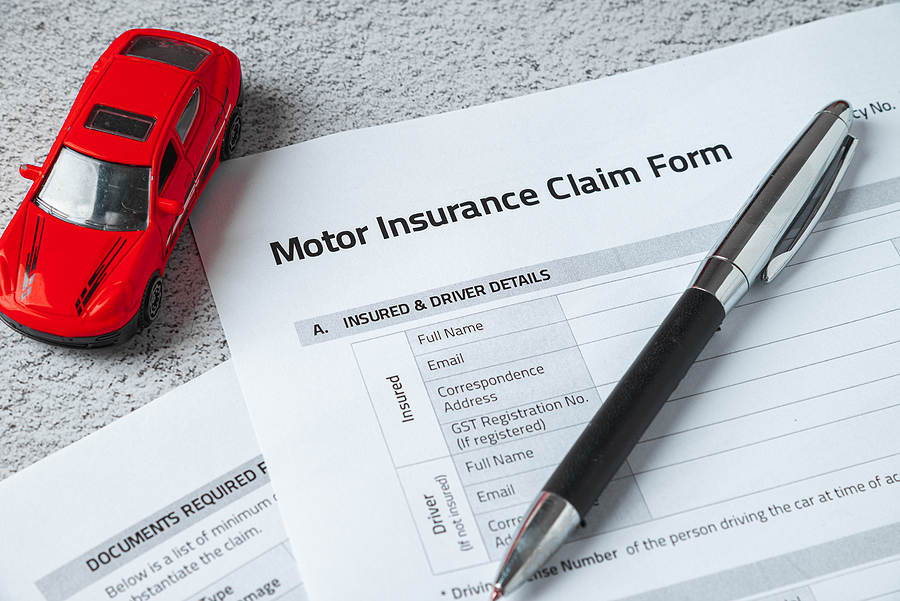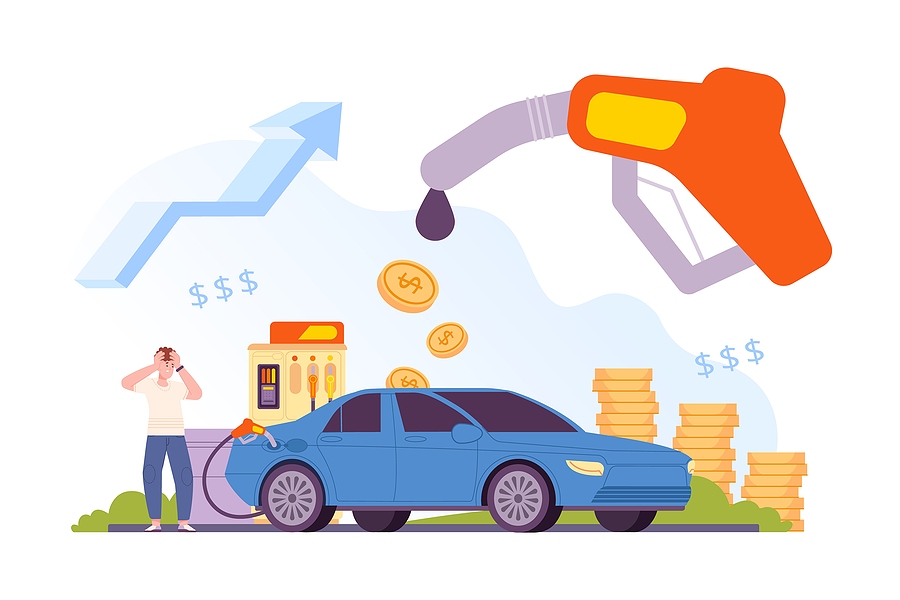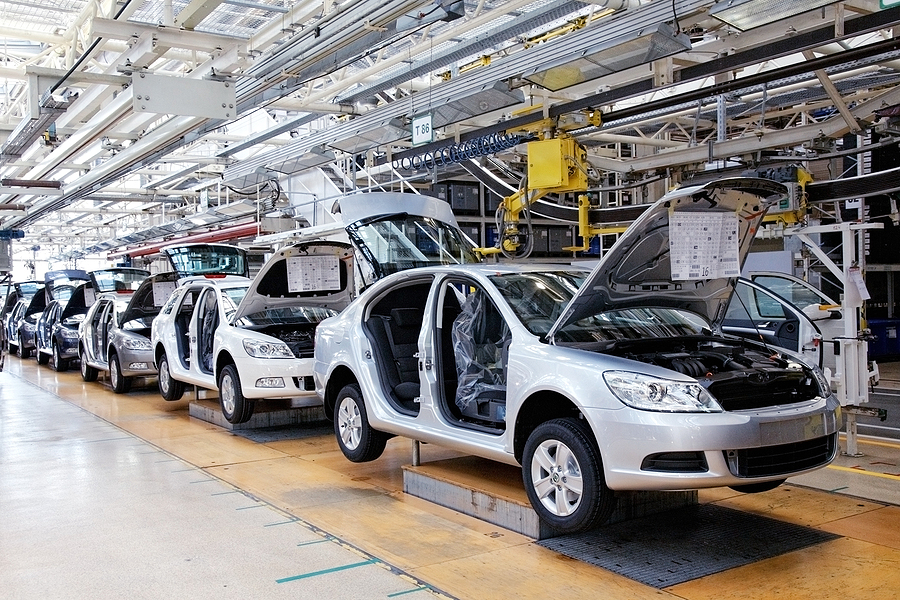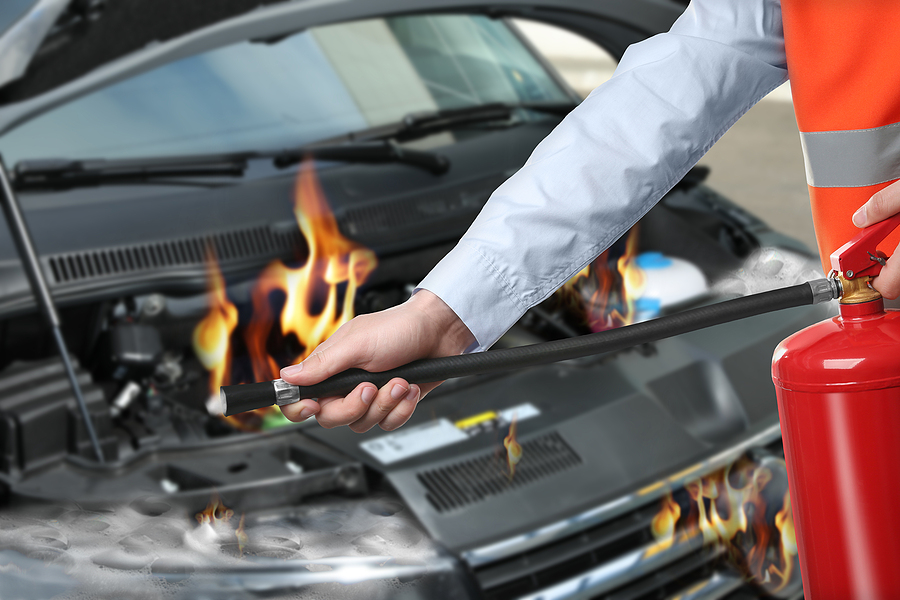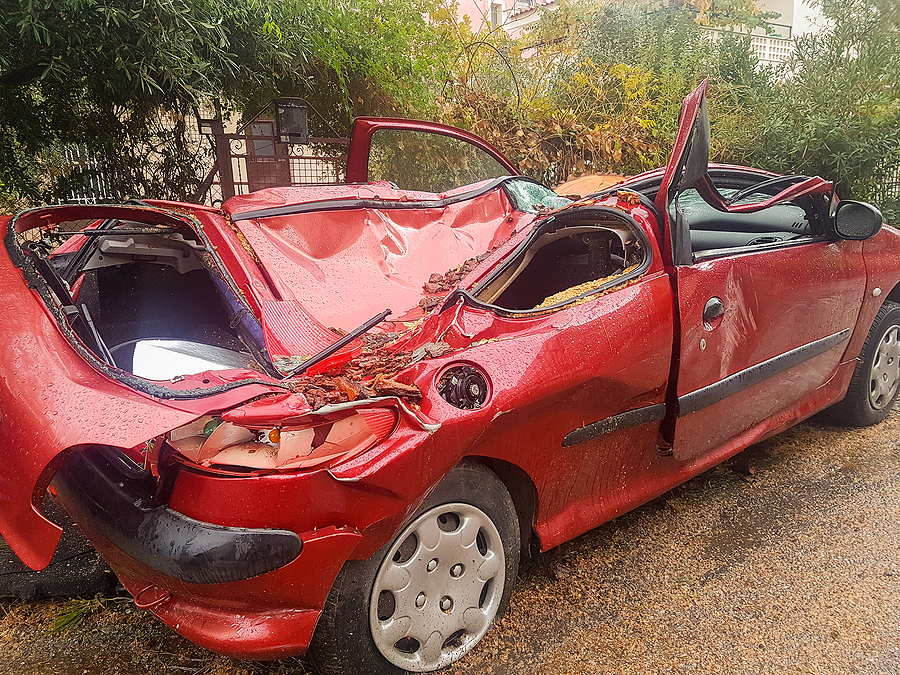When it comes to parting ways with your trusty automotive companion, understanding the fine line between Actual Cash Value (ACV) and Fair Market Value (FMV) can be the difference between a fair deal and feeling shortchanged. This critical distinction not only affects how insurance companies compensate you but also plays a pivotal role in selling, insuring, or even donating your vehicle. For car owners navigating the disassembly or disposal of a junk car, this blog post will illuminate the intricacies of ACV and FMV, offering essential insights into the worth of your wheels.
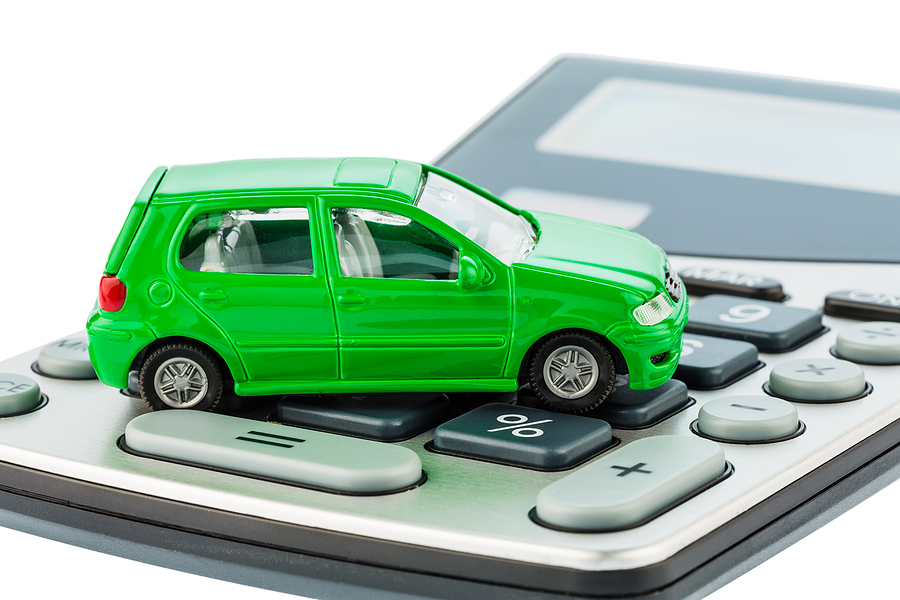
Actual Cash Value (ACV)
Actual Cash Value is the substantiality of your vehicle in cash terms, calculated by insurance providers. The equation to determine ACV typically starts with the fair market value of your car—what you’d expect to pay for a comparable model in the open market. However, several factors come into play to modify this baseline figure, such as depreciation, wear and tear, and prior damage not fully repaired. Actual Cash Value is what an insurer would offer to replace your vehicle with one of the same make, model, and condition, taking into consideration its worth just before the incident that led to its being declared a total loss.
How Insurance Formulas Value ACV
Insurers commonly use standard formulas to estimate ACV, which includes:
- Determining the pre-accident conditions of the vehicle.
- Comparing with actual sale prices of similar vehicles.
- Accounting for market conditions and relevant economic trends.
- Adjusting for depreciation dependent on the age and use of the car.
Fair Market Value (FMV)
Fair Market Value is a broader benchmark indicating the worth of your vehicle on the open market in its present state. It is not a specific, legally defined term, but it’s typically interpreted as the price you could reasonably expect to get for your car as-is, given its current condition, mileage, and maintenance history. Unlike ACV, FMV takes into account the voluntary transactions between willing buyers and sellers.
The Relativity of FMV for Junk Cars
For a junk car, FMV may not seem very favorable. This is because, by definition, a junk car is often in a state where it’s not feasible to repair, and its components’ value exceeds the car’s composite whole. FMV guides the selling or scrapping process, indicating the maximum amount you might receive for your car from a buyer or a salvage yard.
Common Value Modifiers to Factor In
Both ACV and FMV are not static figures but dynamic, subject to a slew of variables. The most significant parameters that modulate these values include:
Age and Mileage: The wear and tear on your car are significant ACV depreciators. High mileage and advanced age can significantly reduce the value.
Pre-Loss Condition: Any prior damage that wasn’t fully repaired before the serious incident leading to a total loss can affect ACV calculations.
Current Condition: The state of your vehicle at the time of sale or insurance claim. The worse the condition, the lower the FMV or ACV.
Market Demand: Seasonal trends, economic highs or lows, and demand fluctuations can all influence what someone is willing to pay for your car or what an insurance company will offer.
Environmental and Personal Factors: Local environmental standards and personal preference can be subjective influences that are tough to quantify but can sway a potential buyer or insurance adjuster.
Navigating the ACV-FMV Balance for Scrap Car Owners
For owners looking to part with their junk cars, the understanding of ACV and FMV is more than a figure—it’s a strategic toolkit. Whether selling to a private party, scrapping with a salvage yard, or seeking compensation from an insurance claim, knowing these values can empower you to negotiate from a position of knowledge.
Selling with Wisdom
When selling a junk car, obtain multiple quotes from various buyers to gauge the market. Be ready to haggle if you believe the offered price doesn’t align with the FMV or to justify a higher quote if the car’s parts or metal can fetch a better price.
Navigating the Insurance Labyrinth
In the unfortunate event where your car meets its end, understanding ACV can help in negotiations with your insurer. Present a strong case supported by evidence of your car’s worth to push for a fair value if you feel the initial offer is insufficient.
Donation Decisions
Donating a car for a tax deduction? Knowing the FMV is crucial to ensure you’re receiving a realistic acknowledgment of your contribution. Ensure the charity offers guidelines to help you appraise your car within the tax law’s domain.
Pro Tips for Pumping Up Junk Car Value
While a junk car’s value may not rival the shimmer of new wheels, there are strategies to buff it up before the exchange. Here are some tips to keep in mind:
Sprucing Up: Perform some rudimentary repairs or cleaning to present a better-looking vehicle, which could positively impact the ACV assessment. Ensure your insurer is aware of any improvements so they’re factored into the final value.
Maximizing Scrap-able Parts: Before selling or scrapping, assess your car for any valuable parts that can be sold separately. Authentic auto parts can command a higher value than the whole junk car, potentially pocketing you an incremental sum.
Negotiating: When entering negotiations, use the calculated ACV and FMV as benchmarks. Be assertive in your communication and if ACV and FMV aren’t matching up with the offered price, don’t be afraid to walk away or seek a second opinion.
Final Thoughts
The value of your junk car isn’t set in stone but in the understanding of its ACV and FMV. For a well-informed car owner, these values can be leveraged to salvage the most from their depreciated vehicle. Like searching for the silver lining, unraveling the arcane terminology and dynamic principles of ACV and FMV can lead you to a more equitable exchange, either for the teetering heap in your garage or the car you always counted on.
Navigating the waters of accurate valuation can be a complex task, and in some cases, professional assistance can be invaluable. For a car owner looking to maximize the compensation for their junk car, local auto salvage yards often provide not just a sale, but a resource. They’re seasoned in the art of delivering authentic, reliable estimates based on ACV and FMV principles. What’s more, they often take the vehicle off your hands, saving you the hassle of further negotiations or paperwork.
Is the cost to repair your car more than the actual market value of your vehicle? This means your ride is totaled. Contact GC’s Junk Cars at 317-608-2188 to speak with a licensed and qualified junk car buyer in Indianapolis who pays cash on the spot for totaled car and trucks in Indianapolis, Indiana. We provide free phone quotes and junk car removal!
Related Posts:
Understanding the Fair Market Value of Your Junk Car
What Factors Go into Calculating a Junk Car’s Actual Cash Value?
How Current Scrap Metal Prices Can Help You Determine Junk Car Value

